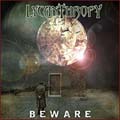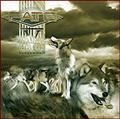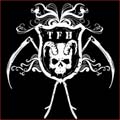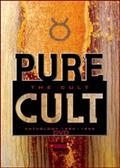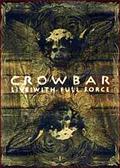BOB CATLEY (uk) - When Empires Burn (2003)
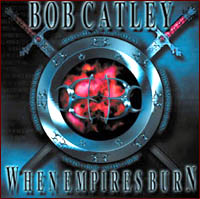
Label : Frontiers / M10
Sortie du Scud : 26 Mai 2003
Pays : Angleterre
Genre : Hard Rock Mélodique
Type : Album
Playtime : 11 Titres - 57 Mins
Bob Catley n'est plus à présenter mais revenons tout de même un petit peu sur sa longue carrière commencée il y a environ 25 ans. Chanteur de Magnum, Hard Rain, invité sur le projet Avantasia de Tobia Sammet et comptant quatre albums solo avec ce dernier "When Empires Burn".
Exit Gary Hughes (Ten), compositeur et producteur des premières galettes "The Tower", "Legends" et "Middle Earth". Enter Paul Hodson. Ce dernier s'est chargé de la composition et de la production, par ailleurs un peu faiblarde. Mais bon, passons outre cet écueil.
Cet album est le plus "Heavy" de Bob Catley, toutes proportions gardées. Les claviers sont omniprésents sans pou autant être chiant, les mélodies imparables, les solos excellents tout comme l'atmosphère épique et parfois symphonique qui règne sur ce disque.
Bob Catley vient sûrement de sortir son meilleur disque à ce jour. "When Empires Burn" est un excellent disque de Hard Rock Mélodique.
Ajouté : Lundi 20 Octobre 2003
Chroniqueur : Lord Natas
Score :    
Lien en relation: Bob Catley Website
Hits: 19728
|




